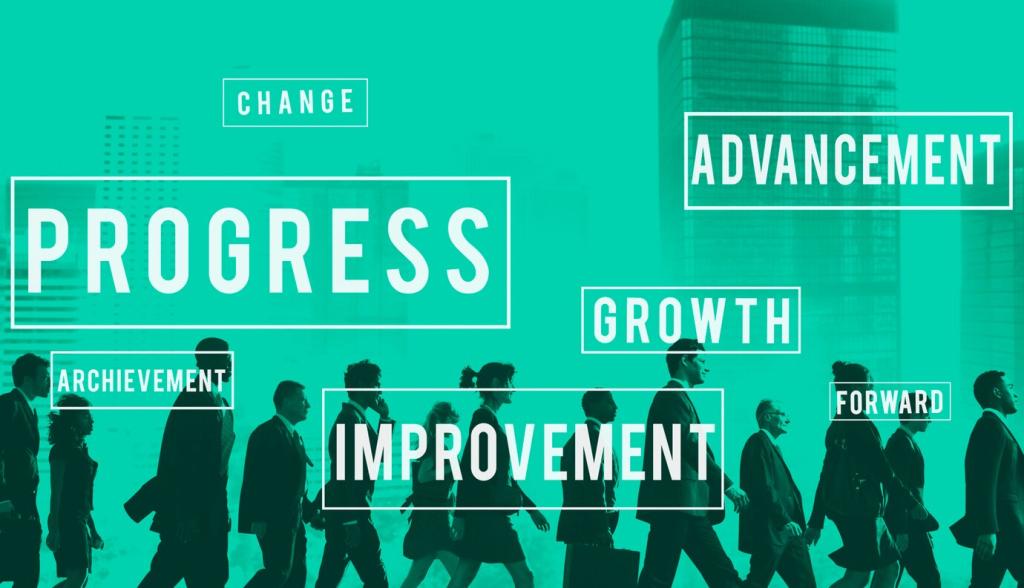Sustain and Scale Your Network
Track contacts in Notion or Airtable with tags, notes, and gentle reminders. Record how you met and what matters to them. When you check in later, your message will be personal, timely, and appreciated rather than random or opportunistic.
Sustain and Scale Your Network
Adopt a First Friday habit: send three quick updates or congratulations, share one resource, and propose one coffee. Tiny, consistent touches outperform occasional big gestures. Invite readers to reply with their ritual; we’ll feature creative ideas next time.




